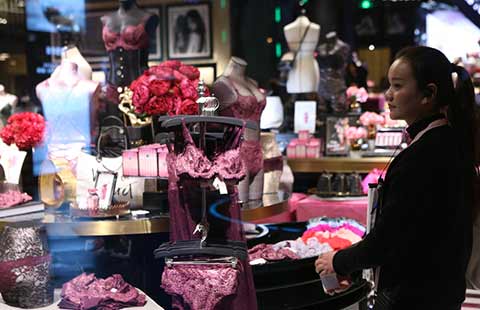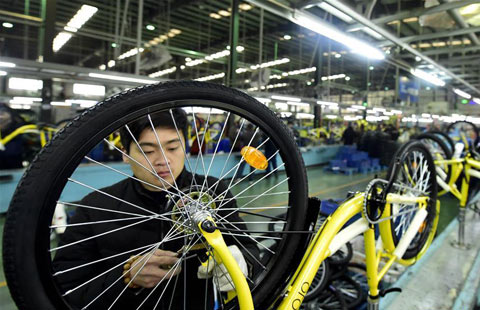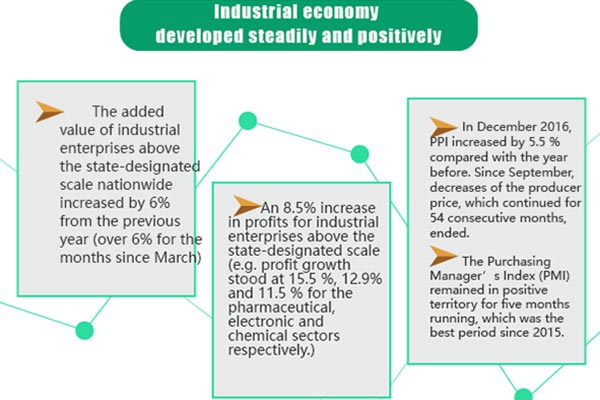Jewelry leasing rises in sharing economy
As China embraces sharing economy, jewelry industry insiders see significant growth potential in the ornament leasing market.
That's because Chinese women are stoking rising demand for jewelry that they now want to wear for different social occasions, unlike in the past when jewelry was reserved for big-ticket events like weddings.
High growth is foreseen in the high-end jewelry leasing segment. Although the business is well established in some Western markets, it is in its infancy in China where jewelry is still seen by many as a low-use, high-value consumer good not bought often.
Zhang Xinning, CEO of a digital firm that focuses on leasing high-end jewelry through the internet, confirmed the market potential is huge in China. Women with high-quality lifestyles are jzhubao's key target consumer group, he said.
"We also provide services for jewelry owners. Many of our products come from individual clients. A lot of people don't want their jewelry to stay inside the jewelry boxes. They can make their idle jewelry become a new tool of financial management."
Consumers are hoping the demand for affordable jewelry would encourage more players to enter the leasing segment. But lack of standards and mechanisms to authenticate jewelry and facilitate safe transactions could mean actualizing growth potential will likely to be a slow process.
Market observers such as Neil Wang, president of Greater China of market research agency Frost & Sullivan, said Chinese women's social status and quality of life are improving. They are focusing on aspects like appearance, style, etiquette, socializing and networking.
Consequently, the number of occasions when jewelry is worn is rising. "The culture of jewelry consumption is maturing," said Wang.
He said that although the potential for growth is huge for the jewelry leasing segment, risks abound too. "If the jewelry leased is lost or damaged, the loss would be huge. Genuine jewelry could get swapped with fake ones, which is a risk. There aren't any sound risk-prevention measures in place yet."

















